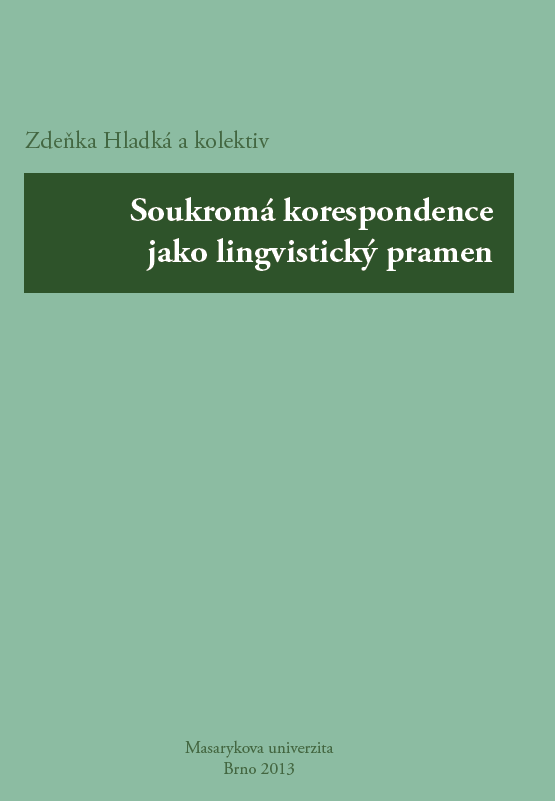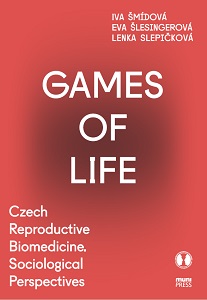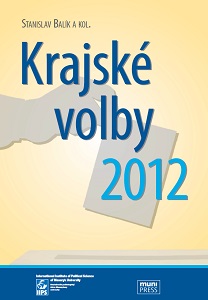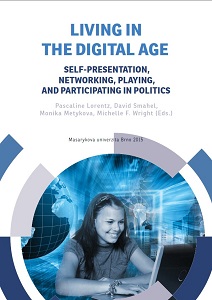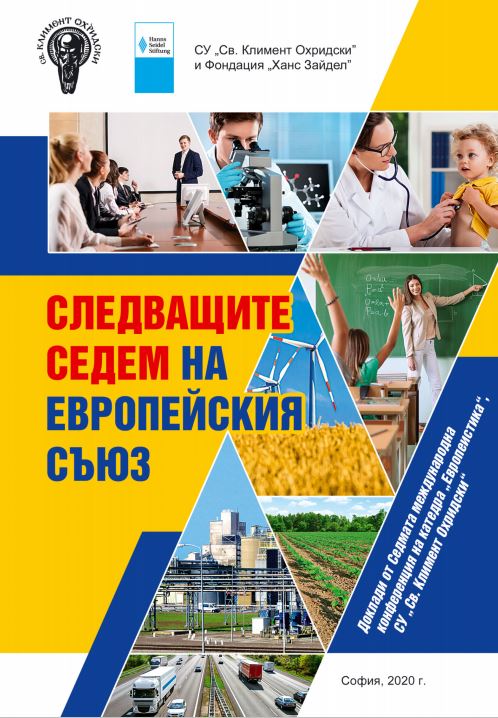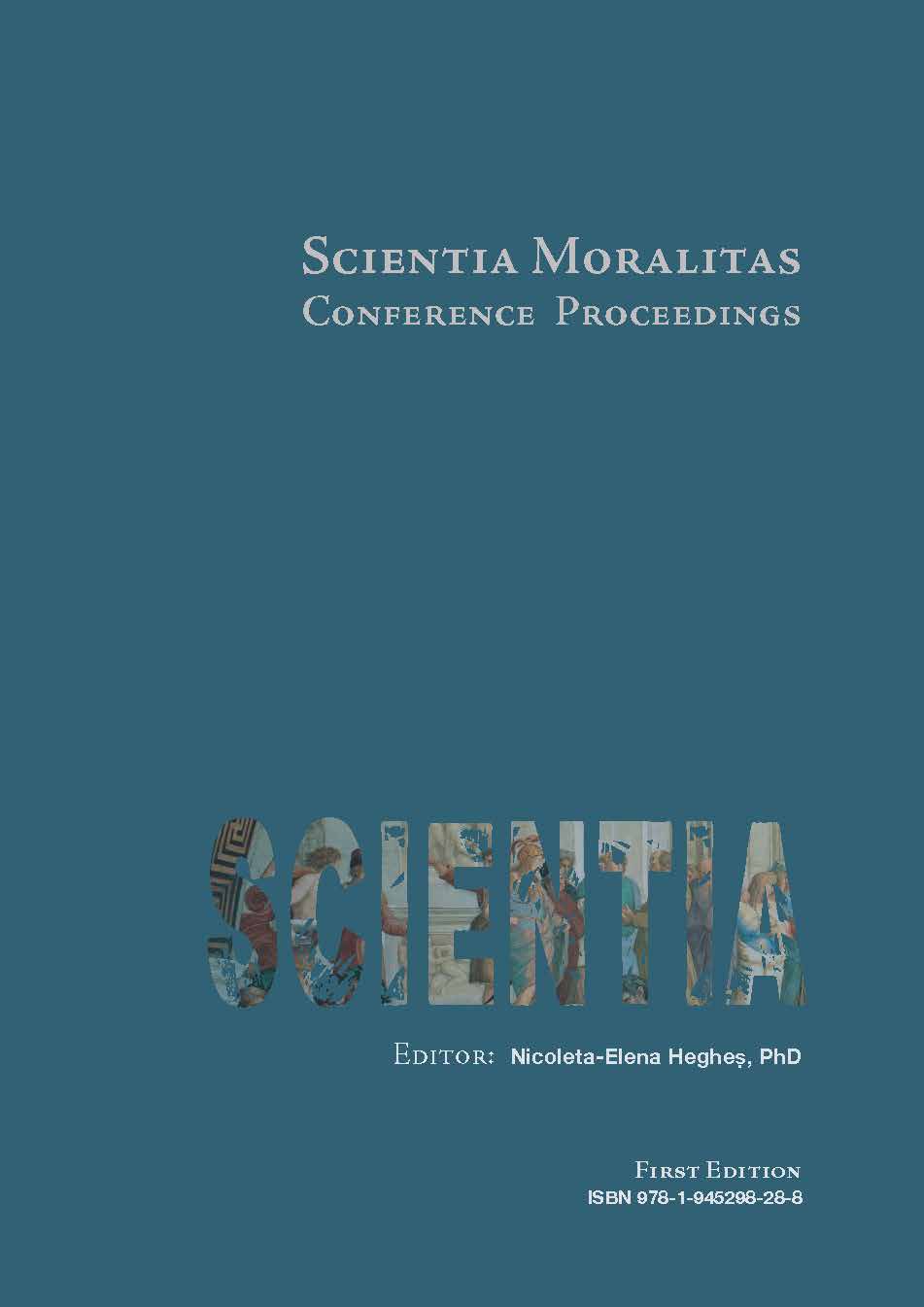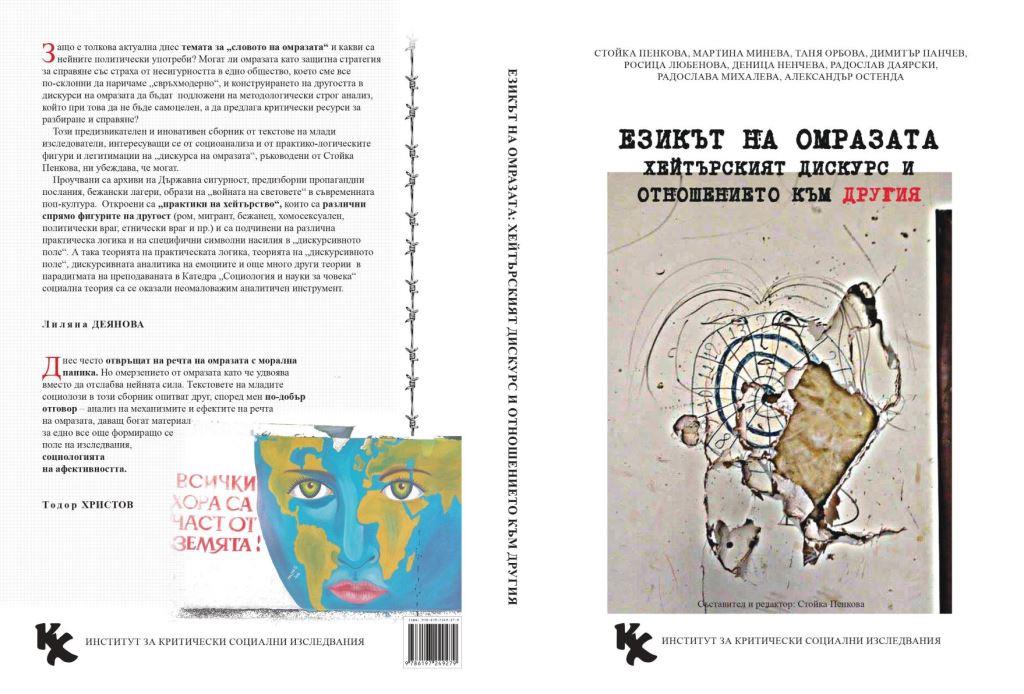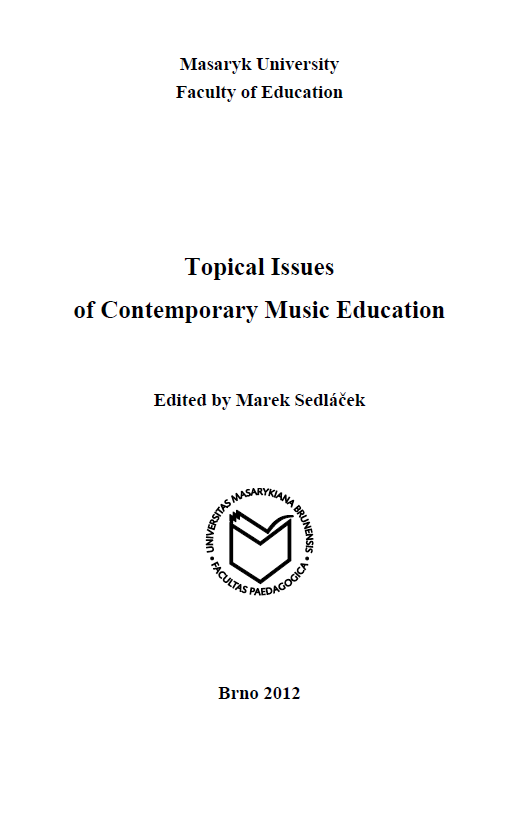
Music Education and Musical-Sociological Research
The current world which is nowadays commonly called globalized, postmodern, media, information, virtual, consumer etc. is typical of the significant change of music environment where new, unexpected and often unpredictable ways of working of different music types enter the relatively stable system of music in society, so called new dimension of music social existence. That requires a continuous theoretical reflection from music pedagogy as a starting point for further projection of the process of music education which is impossible without information of musical-sociological type on music activities and attitudes to music genres which present strong correlations with music preferences, especially in a wider context of values and value orientations. The significant source of this information might be the results of empiric surveys of individual university departments in the area of music science and music education which are the subject of this essay.
More...
